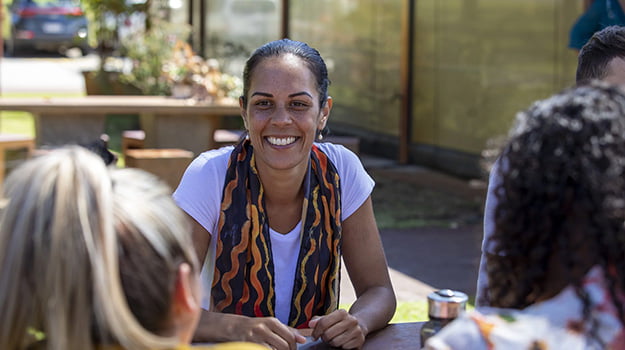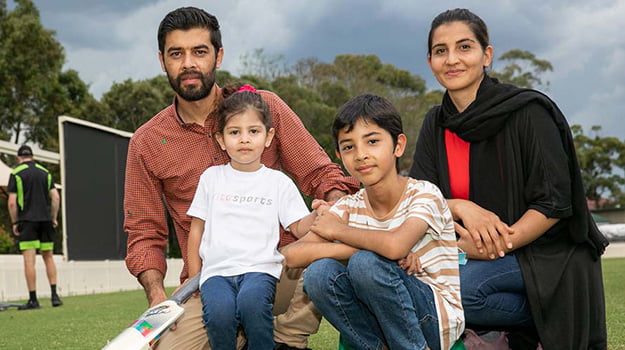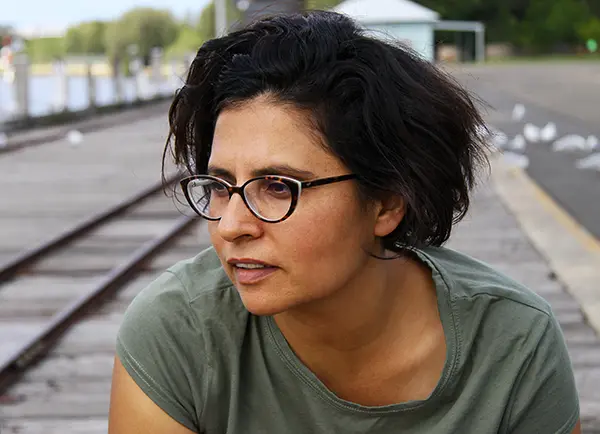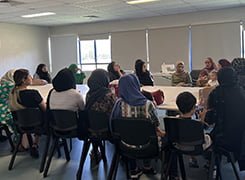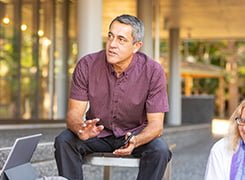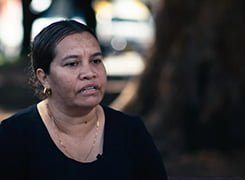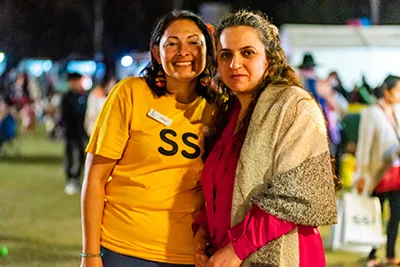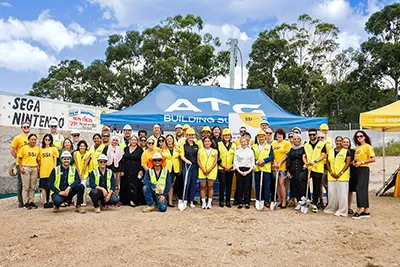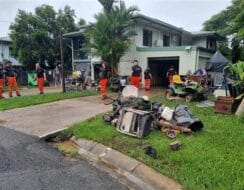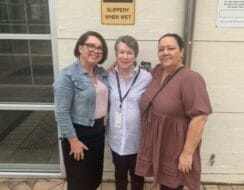15 Oct 2024
StoriesBeyond words: Why professional interpreters like Nasser are a lifeline for migrants in Australia
Imagine being told you need a life-changing medical procedure—but in a language you don’t fully understand. This is the confronting reality for many people in Australia today who face barriers accessing vital information in English.
We all deserve to understand what’s happening in our lives, to know our options, and to make choices based on clear information. The right to receive information in a language we understand is fundamental, no matter the language we speak.

Life-changing service
For Nasser, a professional interpreter from Jordan, this isn’t just about words. “Interpreting can be a life-changing service, especially for newly arrived migrants navigating healthcare or legal systems. We’re not just translating—we’re supporting people’s rights to access services in a language they understand.”
Drawn to languages through a love of English movies and music, Nasser turned his passion into a profession, completing a degree in interpreting and translating before moving to Australia in 2015.
“Honestly, if I hadn’t studied translation and interpreting, I wouldn’t be here in Australia today,” Nasser shared. “After finishing my bachelor’s degree in Jordan, I felt I needed to improve my spoken English to be a better interpreter. This brought me to Sydney to immerse myself in the language and pursue a master’s degree at Western Sydney University. It wasn’t easy balancing part-time study and work, but it opened doors to my career as an interpreter.”
Today, Nasser works as a professional interpreter in courts, police stations, schools, and medical clinics. His clients are Arabic speakers from diverse backgrounds, many of whom rely on his skills to navigate life-altering situations.
He highlighted the unique obstacles interpreters often face in these settings. One of the biggest challenges is when service providers aren’t fully prepared for an interpreter’s presence.
“At medical clinics, sometimes the doctor doesn’t expect me at the appointment. There might not be a chair set up, which leaves me feeling like I’m not part of the conversation. But having a properly set up space is important for everyone—it ensures better communication for the patient.”
Another challenge Nasser often faces is lack of a proper briefing beforehand. “A quick briefing with the service provider makes a huge difference. It helps me understand the context, know who’s involved, and makes for a smoother session. Without it, there can be confusion, especially if there are multiple people involved or if the matter is particularly complex.”
Despite Australia being known for having one of the best developed interpreter systems in the world, studies within the country have found that although access to professional interpreters is available in many sectors, they are often underutilised.
“It’s very important to have a professional interpreter instead of a family member or friend, as many of us don’t want to share private information with relatives or friends especially when it comes to matters like health. Professional interpreters are also bound by a code of ethics, which means we are always confidential and impartial,” Nasser reflected.
How best to work with interpreters
Professional interpreters are much more than a bridge between languages—they’re a lifeline for people navigating complex systems in a new country. With the right training, organisations can create safer, more inclusive environments for all.
We recently developed an e-learning course designed to help organisations make the most of professional interpreters like Nasser. With the right training, they can ensure every person, no matter what language they speak, has equal access to respectful, trauma-informed, and culturally responsive services.
You can trial our new online course here or speak to our Diversity Training team by calling us on 02 8799 6700 or via email diversitytraining@ssi.org.au.




